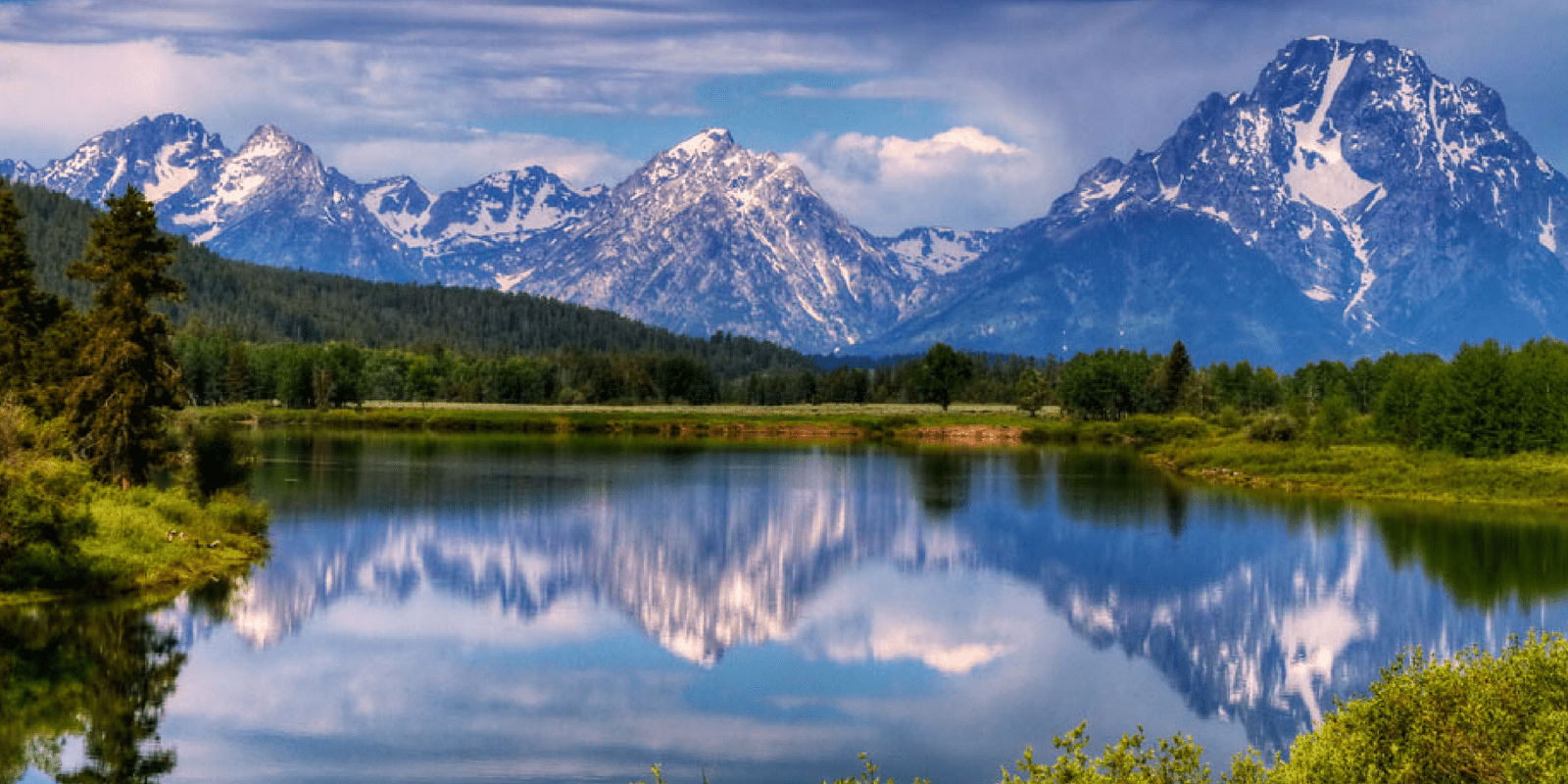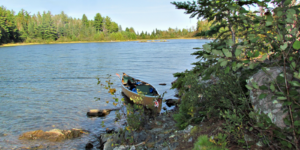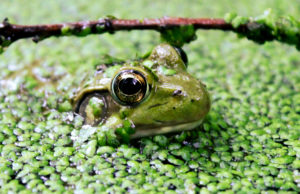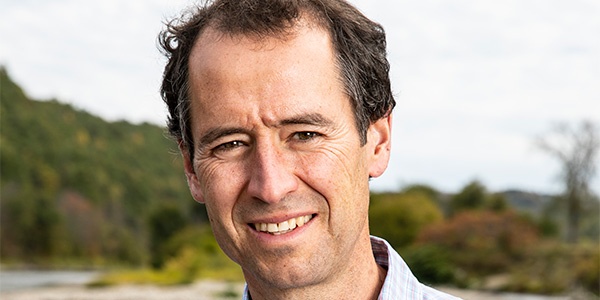We have much more to do and your continued support is needed now more than ever.
Changes at the Supreme Court: What’s At Stake for Wildlife?

With the retirement of U.S. Supreme Court Justice Anthony Kennedy, the future of wildlife and federal stewardship of our natural resources hangs in the balance. While he generally voted with the conservative bloc of the Court, Justice Kennedy played a moderating role in ensuring the court respected and upheld bedrock environmental protections. He prevented extreme opinions from garnering a majority of votes, particularly due to his willingness to pay attention to science in interpreting conservation laws.

The future of these foundational laws and protections are now unclear. That’s why it is critical that the U.S. Senate ask tough questions of Supreme Court nominee Brett Kavanaugh to ensure that he will respect science, prioritize people and wildlife ahead of corporate interests, and adhere to the letter and spirit of the conservation laws Congress has passed to protect wildlife, air, water, and our nation’s other priceless natural resources.
Why Kennedy Mattered
A couple decisions highlight Justice Kennedy’s importance as a “swing” vote on the court who proved to be a pragmatic conservative who understood that Congress passed science-based laws to broadly protect natural resources.
Perhaps the best example of this is Justice Kennedy’s opinion in the Rapanos v. United States. In that case, Justice Kennedy rejected a four member view that stubbornly ignored science and would have turned the Clean Water Act on its head by removing the Act’s protections from many small streams and wetlands.

Kennedy instead found that the act was designed to protect water quality, and accepted the scientific view that in order to protect larger “navigable” bodies of water from pollution and degradation, safeguards had to exist for the many smaller bodies of waters that flowed into and served as the lifeblood for those larger bodies of water. As such, he ruled that smaller bodies of water that had a “significant nexus” to larger bodies of waters should be protected, and not written off.
Justice Kennedy also looked to the science demonstrating the immense harms presented by climate change in providing the decisive vote in the landmark Massachusetts v. Environmental Protection Agency case finding that the Clean Air Act gave the Environmental Protection Agency authority to curtail the emission of harmful gases that cause climate change. The four Justices in the minority were more dismissive of the science in finding that states, cities, and citizen groups were not potentially harmed by climate change in a manner that gave them the right to be heard in court.

Without Kennedy’s adherence to science and his willingness to consider Congress’s clear and broad intent to protect our natural resources, the Clean Water Act, Clean Air Act and other bedrock protections may well have already been rendered far less effective in protecting people and wildlife.
Judge Kavanaugh’s Record
Unfortunately, Judge Kavanaugh’s record indicates that he will not be the moderating, science-based voice on the court that Justice Kennedy was. His rulings show a willingness to construe the law in a manner that elevates corporate concerns at the expense of wildlife and human health. For example, he has:
- Expressed serious skepticism about EPA’s 2015 plan, pursuant to the Mass. v. EPA ruling, to regulate carbon pollution from power plants.
- Struck down a Clean Air Act rule regulating cross-state pollution – a decision that was overturned by the U.S. Supreme Court in an opinion that included Justice Kennedy and Chief Justice Roberts.

Power plants are the nation’s largest source of dangerous carbon pollution. Credit: Owen Byrne. - He struck down EPA’s regulation of hydroflourocarbons – a potent greenhouse gas – under the Clean Air Act, arguing it was beyond EPA’s authority.
- He dissented in a case upholding the regulation of mercury and toxic air pollutants, arguing that EPA failed to properly consider the cost regulating such pollution – which harms fish, wildlife, and people who spend time outdoors – would have on polluters.
- He has expressed criticism of established principles of judicial restraint, indicating that he is likely to be an activist judge willing to overturn Congressional and Administrative actions.
This record gives little comfort that Judge Kavanaugh will step into Kennedy’s role as a thoughtful swing Justice willing to uphold strong, science-based protections for wildlife, air, water, and natural resources. It appears more likely that he will give a decisive fifth vote to the faction that wants to severely limit conservation protections, and turn a blind eye to science in doing so.
Americans deserve a Justice who will faithfully interpret our Nation’s bedrock environmental laws, and understand the important role that Congress intended science to have in interpreting and implementing those laws.
The Supreme Court is at a crossroads. Congress must ask tough questions of Judge Kavanaugh to make sure that his appointment to the Court won’t leave people and wildlife behind.






















